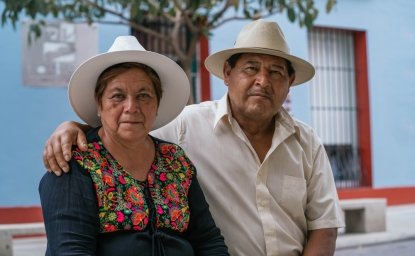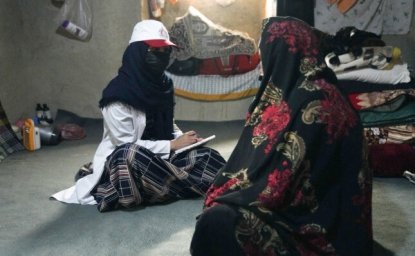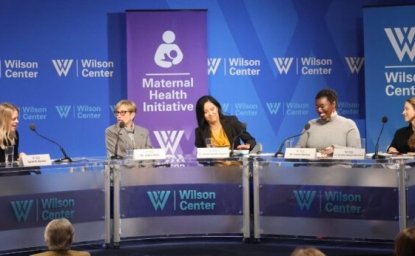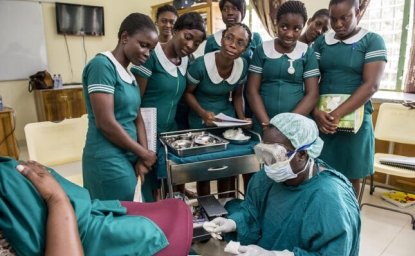Pulitzer Center: "How to Protect Women in Times of Crisis" on MHI Event
The Pulitzer Center on Crisis Reporting recently covered MHI's event about maternal health and gender-based violence in crisis settings.
The Pulitzer Center on Crisis Reporting recently covered MHI's event about maternal health and gender-based violence in crisis settings.

The Pulitzer Center on Crisis Reporting recently covered MHI's event on maternal health and gender-based violence in crisis settings. The article highlights the preventative measures taken to safeguard maternal and reproductive health during humanitarian emergencies. Although coordination among aid organizations has helped curve women's barriers to care during crises, health systems strengthening is needed to protect more women, as seen with the Ebola outbreak in West Africa where women make up 70% of all Ebola patients.
You can read the entire article here.

Housed within the Wilson Center's Environmental Change and Security Program, the Maternal Health Initiative (MHI) leads the Wilson Center’s work on maternal health, global health equity, and gender equality. Read more




